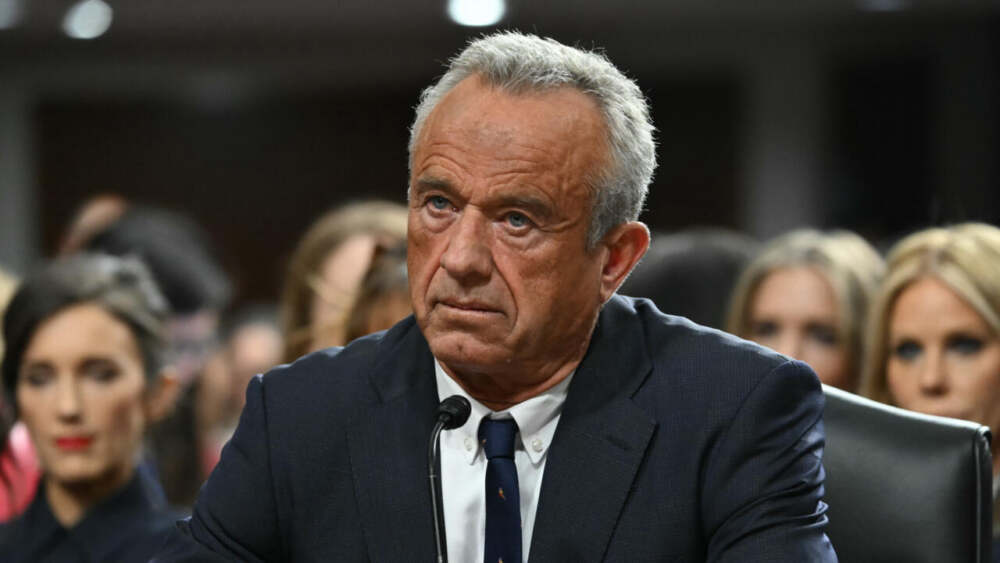In recent weeks, Robert F. Kennedy Jr., serving as U.S. Health and Human Services Secretary, has drawn intense criticism after making sweeping statements about autism. In comments delivered at a public briefing, he declared that “autistic children will never pay taxes, never hold a job, never play sports,” characterizing autism as a sort of societal burden. Those statements, and broader claims about rising autism rates and environmental causes, have prompted sharp backlash from autistic people, scientists, advocates, and disability rights organizations.
What is unfolding is more than a political flashpoint—it is a collision between scientific consensus, disability rights, and the evolving interpretation of neurodiversity.
What Kennedy Said & Why It Matters
Kennedy’s remarks were provocative in tone and scope. He asserted that autism is an “epidemic” whose effects dwarf those of COVID-19, pointing to environmental toxins—such as pesticides, mold, food chemicals, and medical scans—as contributing causes. He portrayed autism as a condition that severely limits people’s ability to achieve independence or participation in society.
To many critics, these comments reflect a deeply outdated, deficit-based model of autism—one that sees it as tragedy rather than difference. They argue that reducing autism to tragedy feeds stigma, erodes dignity, and mischannels policy priorities away from support, accommodation, inclusion, and the voices of autistic people themselves.
The stakes are high: when the top health official frames autism in this light, policies, funding, public attitudes, and resource allocation may follow.
Scientific Evidence & the Complexity of Autism
Scientists and autism researchers have largely rejected Kennedy’s framing. Key points include:
- Autism as a spectrum: Autism is not monolithic. Symptoms, abilities, and needs vary widely. Some autistic individuals are nonverbal and require full-time support; others lead independent lives, work professionally, and contribute meaningfully across sectors.
- Rise in diagnoses reflects awareness, not an unknown “epidemic”: Many experts argue that increases in autism prevalence are driven by better screening, expanded definitions, and greater diagnostic reach—not a sudden surge in new cases.
- Genetic influence is strong: While environmental factors are studied, the largest weight of evidence points to heritable and prenatal influences as significant contributors to autism risk.
- Harm of sweeping generalizations: Claims that autistic people “never” date, work, or pay taxes erase the lived experience of many who already do all those things. They feed into exclusionary narratives.
As one medical commentator put it, “Being habitable and being inhabited are two different things.” In this case, being labeled disabled does not mean incapable—nor should it limit expectations or rights.
Response from the Autism Community
The reaction from autistic people and their allies was swift and passionate. Many expressed hurt, anger, and concern. Social media, opinion columns, and advocacy groups poured forward testimonials: people living meaningful lives with jobs, love, creativity, and civic engagement—direct contradictions of Kennedy’s statements.
One actor and public figure with autism spoke out, calling Kennedy’s remarks “ignoring everything I’ve lived.” Others said his statements reinforced old myths that handicap people before they’re even born. Many called for dignity, not fear; acceptance, not “prevention.”
For many, the moment renewed urgency around the principles of neurodiversity—the view that neurological variation (including autism) is a natural and valuable part of human diversity, not a defect to be eradicated.
Policy Implications & What to Watch
Kennedy’s remarks have policy implications beyond rhetoric. Under his tenure, observers are watching for:
- New registries or surveillance systems for autistic individuals
- Changes to disability services, special education, and Medicaid support
- Research funding shifts favoring environmental causation studies
- Public messaging campaigns that define autism under narrow, negative terms
In response, experts call for policies rooted in inclusion, support, and choice—for all autistic people, regardless of support needs.
Advocates say what matters is not how many people we diagnose or whether we call autism an “epidemic,” but whether society provides adequate services, access, supports, accommodations, jobs, and respect.
Broader Significance: A Cultural Moment on Neurodiversity
This confrontation highlights how autism is not just a scientific topic—it is deeply cultural, political, and ethical. The way society speaks about autism shapes how communities treat autistic people, how funding is allocated, and how the next generation understands difference.
In recent decades, the move from pathologizing autism (“cure this”) toward affirming neurodiversity (“accept and support”) has gained traction. Books like NeuroTribes and advocacy groups have reframed the discussion, highlighting the contributions, creativity, and value of autistic voices.
Kennedy’s comments feel like a throwback—to frames of pity, fear, and fixing what others see as broken. The backlash demonstrates how much the discourse has changed—and how strongly many believe that change must hold.
Final Reflections
Kennedy’s remarks have thrown a spotlight on the deep tensions in how society views autism. On one side lies a paternalistic narrative of deficit and burden. On the other, a vision of dignity, variation, and support. The outcome of this clash matters not just for policy but for identity—how autistic people see themselves, how families advocate, and how communities respond. In the end, how we talk about autism says as much about who we are as what we believe.















Leave a Reply